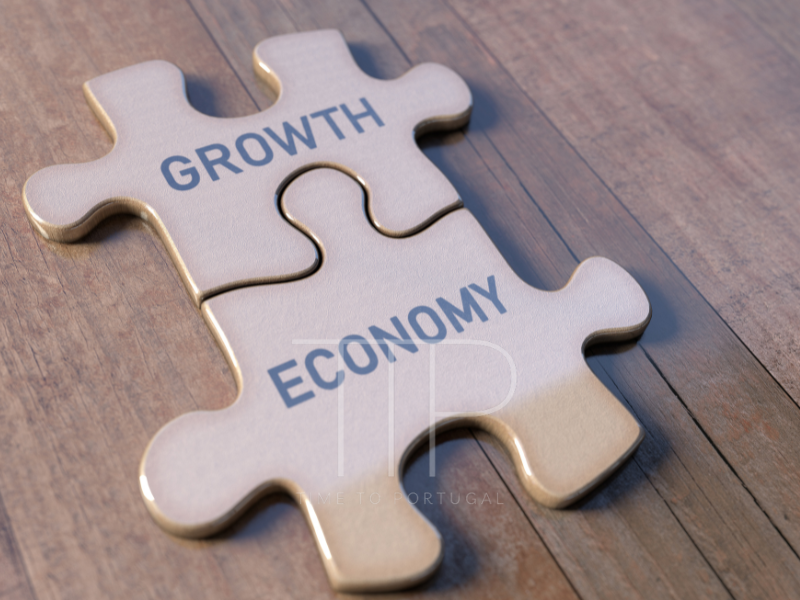The president of the Business Roundtable Portugal (BRP), Vasco de Mello, is advocating an ambitious commitment to economic growth.
The president of the Business Roundtable Portugal (BRP), Vasco de Mello, said that the country can’t afford to see around 40% of university graduates leave, advocating an ambitious commitment to economic growth.
“We can’t settle for a situation where 40% of our graduates go abroad,” said Vasco de Mello, stressing the need to focus on economic growth and gaining scale as ways of reversing this situation.
Vasco de Mello was speaking at the launch of the “Compare to Grow” platform, launched by the Business Roundtable Portugal (BRP) Association, in partnership with KPMG and Informa DB, a project that systematizes a set of indicators that make it possible to verify Portugal’s evolution and competitive position in various dimensions, compared to other countries.
The leap in the qualifications of the Portuguese, observed over the last few years, is one of the positive points in which Portugal competes well with other countries, and which was highlighted by the various speakers at the platform’s launch session who, however, also pointed out the country’s inability to stop these people leaving or to attract them back.
Pointing out that in the areas of science, engineering and mathematics, Portuguese qualifications are already above the European average, Nuno Amado, a member of the BRP Board, stressed the need to create conditions for people to stay in the country.
The outflow of qualified staff abroad was also mentioned by Vítor Ribeirinho, partner and executive chairman of KPMG Portugal, who pointed out the need for “whatever government” to do something about young people to prevent them from leaving the country.
Among the various comparison indicators that can be consulted on the platform, one of them points out that in 2022 Portugal ranked 39th in the World Competitiveness Ranking, having lost 11 positions compared to 2000 and falling behind countries like the Czech Republic, Estonia and Spain.
In the same period, according to the data, the Portuguese economy grew by an average of around 1% a year and the country generated only 23% more accumulated wealth – around half that of Spain.
“Over the last two decades, the eight European countries that, in 2000, had a GDP per capita close to Portugal’s – Italy, Spain, Greece, the Czech Republic, Poland, Hungary, Slovakia and Estonia – have grown almost three times as much,” says the same information.
Pedro Ginjeira do Nascimento, secretary-general of the BRP, hopes that by highlighting Portugal’s competitive position, the association can “encourage discussion of ways to differentiate and grow, contribute to a more fact-centered debate and strengthen the sense of urgency for Portugal’s transformation”.
Stressing that it is “obvious” that the Portuguese economy needs to grow “much more” than has been the case in recent years, Vasco de Mello said that it is possible to reverse the situation in which the Portuguese economy is losing competitiveness – and thus have the capacity to retain and attract qualified people – and that this will require growth of an average of 3.9% per year. “We believe that this is the right time to build a better future,” he said.
Among the comparative indicators that can be consulted on the platform are several on the performance of the economy, but also others on the poverty rate, the average annual remuneration of workers, the youth unemployment rate, the level of investment in research and development, the nominal and effective rate of corporate income tax (IRC) or even the efficiency of the state, regulatory quality or corruption.

